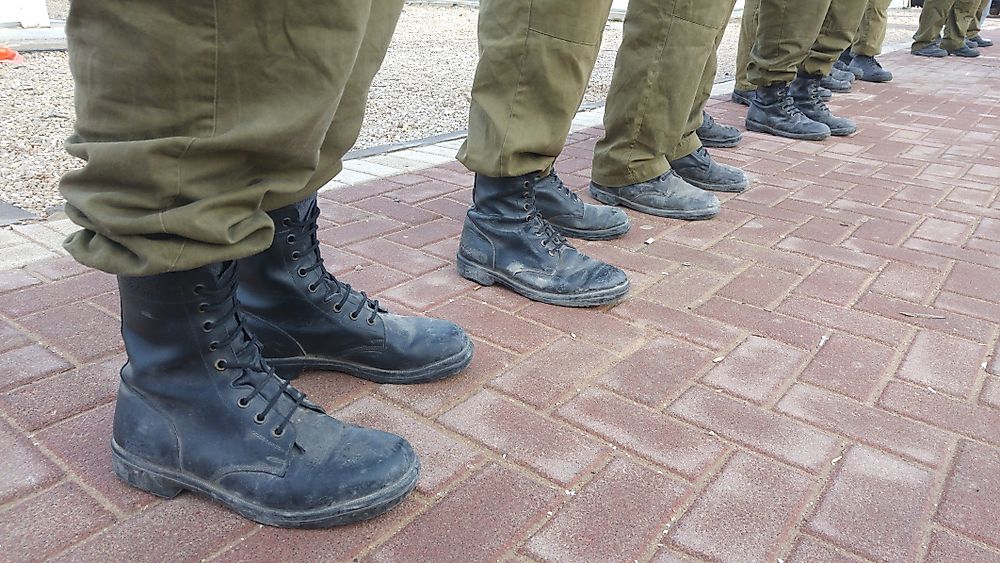What is Conscription?

Conscription is in other words known as the military draft. It is a mandatory act of enlisting people, particularly in military service. The present way of conscripting young men was discovered during the French revolution in the year 1789, whereby it created a stronghold for the military service. Other European nations later emulated this act and applied it to their men who were fit and of age. Presently many countries have stopped conscripting their soldiers. Instead, they depend on those that are willing and qualified without undergoing conscription.
Arguments in Favor of Conscription
Conscription is a highly controversial topic with many people for and against. Those for conscription argue that it reinforces social equality among the people of the nation and works to break down class divisions. With everyone working towards the same aim, it creates a social consciousness, and uplifts the morals and national pride of the country. It is seen as not only a right, but a privilege to be able to fight for one's country. Others arguments include that conscription is a financially beneficial way educate and instil maturity in young adults who might otherwise not be able to afford higher education.
Arguments Against Conscription
Historically, conscription was male-only. Many argue that conscription falls under gender-based discrimination as only men are called to arms. The patriarchic nature of the military leaves little room for the advancement of women. It also creates a stigma on those unable to fight, due to disability or sickness.
In addition, this can lead to economic crises as eligible working men are called to battle. This not only causes productivity issues, but also does not economically benefit the military as it is funded by the hard-pressed economy.
Another argument against conscription is the involuntary nature. The forced servitude of conscription goes against individual rights and freedoms. Critics of conscription argue that this places the life of the individual under that of the state - that the state can control force people to give up their lives in battle without their consent.
Countries With Conscription Today
There are several countries today with enforced military service. However, conscription differs from country to country.
Many countries have conscription in name only. In Brazil, Denmark, and Norway, conscription continues by law, but not in practice, where the majority of recruits are volunteers and are not forced to serve against their will. In Bolivia, conscription is only enforced when volunteers do not meet the required numbers.
In Austria, Switzerland, Sweden, Cyprus, Estonia, Finland, and Greece, conscription continues although alternate service is available. Those who are opposed to conscription for political or religious reasons can instead serve under alternate civilian service. In Austria, alternate service is known as Zivildienst and about 1/3 of those conscripted opt to serve their time under the alternate civilian service instead of military service.
In the United Arab Emirates, conscription is mandatory of all males aged 18 to 30 years old. Conscription was implemented in the UAE in 2014. In Jordan, conscription was suspended in 1999 and reintroduced in 2007.
Select countries enforce military service for men and women alike. Bolivia, Cape Verde, Chad, Eritrea, Israel, North Korea, Norway, Sweden, and Venezuela all have mixed-gender conscription. In Israel, men serve 3 years while women serve 2 years. In Israel, many Religious Zionist women opt to serve in the Sherut Leumi, an alternate voluntary service.
Some countries have conscription-like obligations in place, although conscription is no longer active. In the United States, all men must register with the Selective Service System within 30 days of their 18th birthday although conscription was suspended in 1973. Similarly, in Poland, evaluation for military obligation is required in case of war although conscription was suspended in 2009.











